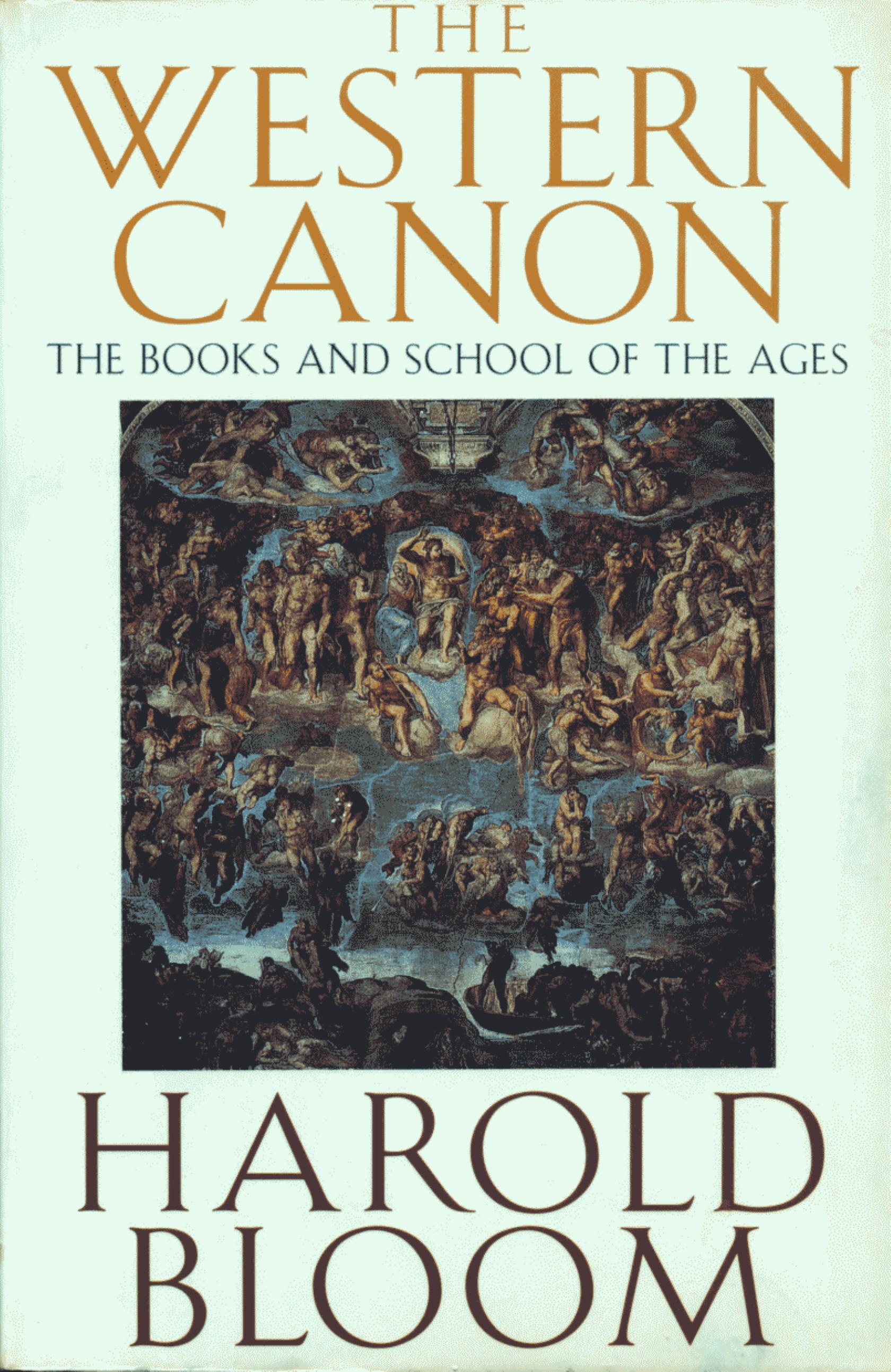The Western Canon by Harold Bloom

Author:Harold Bloom
Language: eng
Format: mobi, epub, pdf
Publisher: Houghton Mifflin Harcourt
Published: 2015-02-04T08:13:43.687034+00:00
It is not upon you alone the dark patches fall,
The dark threw its patches down upon me also,
The best I had done seem’d to me blank and suspicious,
My great thoughts as I supposed them, were they not in reality meagre?
Nor is it you alone who know what it is to be evil,
I too knitted the old knot of contrariety.
Celebration and anguish coexist in many superb poets, but self-celebration and self-anguish are a startling, ever-present juxtaposition in Whitman. Elegies for the self are the characteristic genre of American poetry because of Whitman’s example; the puzzle is not why Whitman invented the mode, but why it was so inevitably transmitted after him. The two great “Sea-Drift” poems that crowned the third Leaves of Grass in 1860, “Out of the Cradle Endlessly Rocking” and “As I Ebb’d with the Ocean of Life,” have engendered an endless progeny as varied as Eliot’s “Dry Salvages,” Stevens’s “Idea of Order at Key West,” Elizabeth Bishop’s “End of March,” John Ashbery’s “A Wave,” and A. R. Ammons’s “Corsons Inlet.” Since my prime subject is the canonical, the acute critical question for me becomes what makes these two poems so central.
Part of the answer is the sea’s melodious hissing of “death” in “Out of the Cradle,” since any consideration of death in our national literature must always circle back to Walt Whitman. Night, death, the mother, and the sea triumphantly blend in “Out of the Cradle,” but are held off and almost overcome in “As I Ebb’d with the Ocean of Life,” the more powerful of the two poems. Whereas “Out of the Cradle” traces the incarnation of the poetic character in Whitman, “As I Ebb’d” obliquely represents an obscure but traumatizing personal crisis that Whitman appears to have suffered in the winter of 1859–60. Presumably sexual, the sense of failure fills “As I Ebb’d” with a new pathos, richer than any before in Whitman. Nothing in him until the “Lilacs” elegy is so perfectly expressive of the American family romance as the extraordinary moment when he falls in anguish on the beach and creates out of that gesture our strongest image of reconciliation with the father:
Download
The Western Canon by Harold Bloom.epub
The Western Canon by Harold Bloom.pdf
This site does not store any files on its server. We only index and link to content provided by other sites. Please contact the content providers to delete copyright contents if any and email us, we'll remove relevant links or contents immediately.
| African | Asian |
| Australian & Oceanian | Canadian |
| Caribbean & Latin American | European |
| Jewish | Middle Eastern |
| Russian | United States |
4 3 2 1: A Novel by Paul Auster(12352)
The handmaid's tale by Margaret Atwood(7726)
Giovanni's Room by James Baldwin(7297)
Asking the Right Questions: A Guide to Critical Thinking by M. Neil Browne & Stuart M. Keeley(5734)
Big Magic: Creative Living Beyond Fear by Elizabeth Gilbert(5721)
Ego Is the Enemy by Ryan Holiday(5386)
The Body: A Guide for Occupants by Bill Bryson(5064)
On Writing A Memoir of the Craft by Stephen King(4909)
Ken Follett - World without end by Ken Follett(4703)
Adulting by Kelly Williams Brown(4549)
Bluets by Maggie Nelson(4533)
Eat That Frog! by Brian Tracy(4497)
Guilty Pleasures by Laurell K Hamilton(4417)
The Poetry of Pablo Neruda by Pablo Neruda(4077)
Alive: The Story of the Andes Survivors by Piers Paul Read(4009)
White Noise - A Novel by Don DeLillo(3987)
Fingerprints of the Gods by Graham Hancock(3974)
The Book of Joy by Dalai Lama(3958)
The Bookshop by Penelope Fitzgerald(3826)
